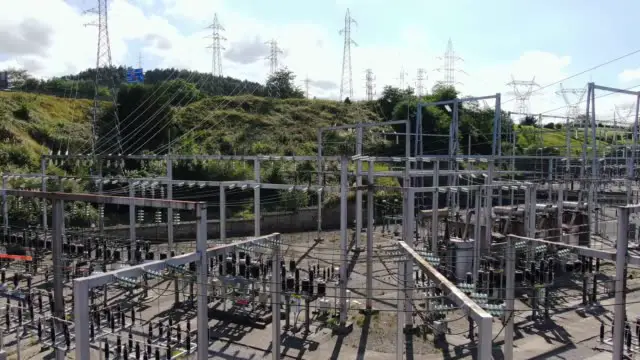Electricity supply in Morocco particularly in the North African country’s southern provinces is expected to receive a major boost following the launch of a project that includes the construction of two additional lines of 400 kV each, between Agadir and Laayoune.
The project, which was launched by the Director-General of the National Office of Electricity and Drinking Water (ONEE), Mr. Abdel-Rahim Al-Hafithi, also requires among other things, the extension of the 400 kV part of the El Haggounia substation.
The existing substation became operational back in 2016 as part of the project to evacuate wind farms in the southern region of the country and to foster the supply of electric energy.
Also Read: Morocco extends call for tenders for the 400MWp Noor PV II project
The extension of the substation is expected to be completed early next year while the construction of the additional lines is expected to be completed the following year (2023).
Expectations for the project
The ONEE underlined that this strategic project will have positive repercussions on the development of the southern regions which are witnessing the development of major structural projects, especially production projects based on renewable energy sources.
The project will help reinforce the security of electric energy supply, the satisfaction of the growing demand, the upgrading of the renewable energy potential, as well as the economic and social development of these regions.
It will also help strengthen the lines of connection with neighboring countries and achieve regional integration.
Aim to cover the country’s energy needs through renewable energies.
About 15 years ago, the Ministry of Energy, Mining, and Environment adopted the National Energy Strategy in an attempt to generate 52% of Morocco’s electricity from renewable energies by 2030.
This goal was further boosted by the government’s aim to cover 96% of the North African country’s electricity needs through renewable energies.

